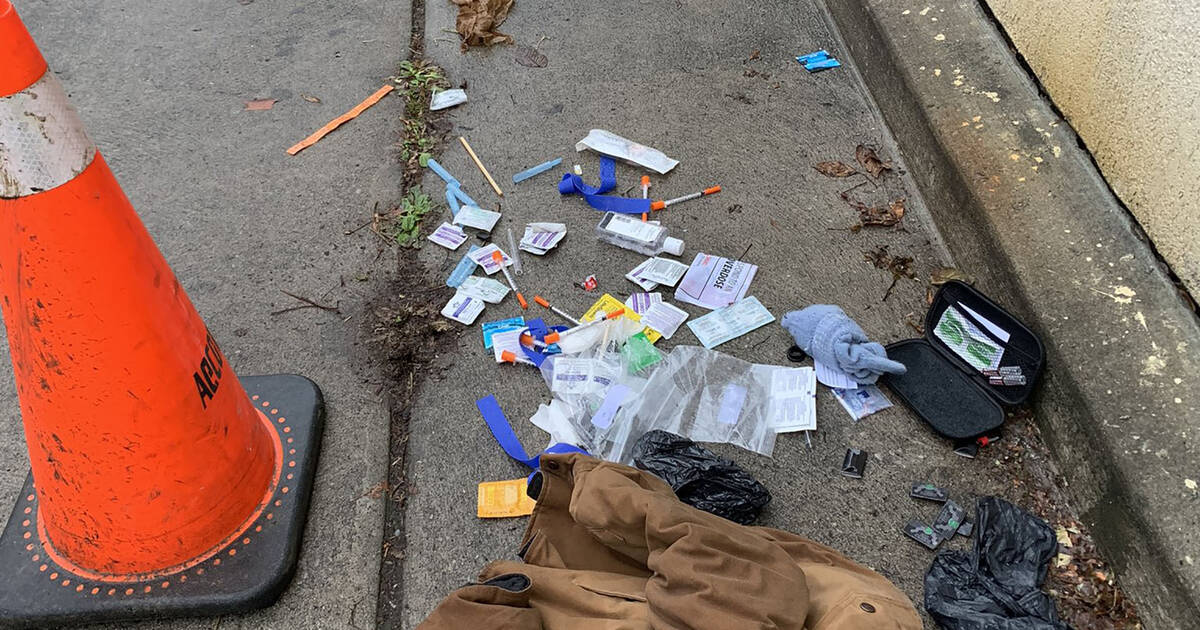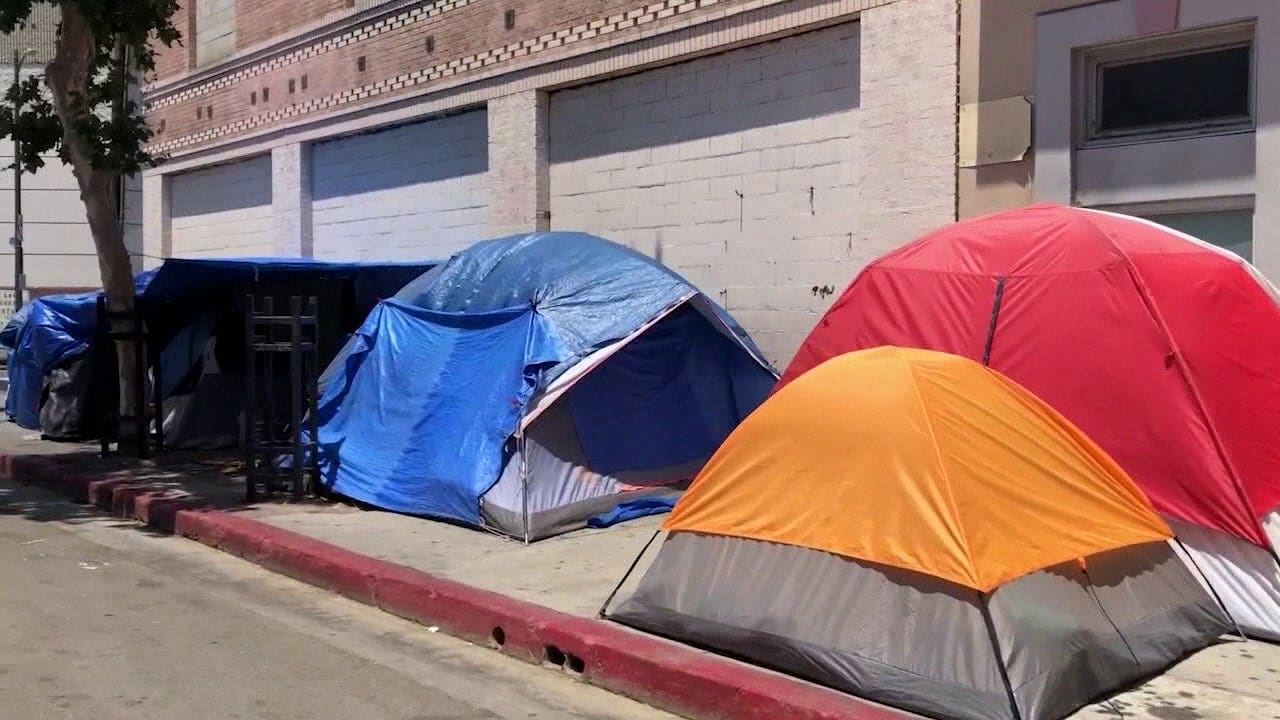Disclosure: Grew up in Toronto Community Housing (20+ years). Currently own a condo downtown.
In my mind, the only way to address homelessness long term is to enlist the private sector. Government should get out of the business of building homes / shelters that are strictly for the homeless and poor.
Instead, I advocate for a building approval process that mandates all condos include a percentage of affordable and / or "free" housing. The housing will be paid for by the building via condo fees. It will not be an option for developers and will be mandatory. This policy alongside zoning overhaul (upzoning and encourage more density city wide) will make a large impact.
To me this addresses a bunch of things at the same time:
- Private development outpaces public development many orders of magnitude.
- Folks that can afford to buy a condo (myself included) should help the brothers and sisters around us that cannot find housing.
- Spreads the homeless population city wide which prevents any one neighbourhood from becoming particularly burdened.
- Decreases (although I acknowledge doesn't eliminate) the stigma associated with living next to someone that was previously homeless or is working poor.
As someone who grew up in public housing, I can tell you first hand that the government of Toronto cannot properly maintain a building. If you have lived in a Toronto Community Housing building, you would be unlikely to recommend this kind of housing for any member of our society.
So you're advocating for 'inclusionary zoning'. Definitely an option; its not the one I'm most enthusiastic about though.
I would argue the most effective solution we've seen is co-ops.
Non-profit, rental housing, with rents that serve a mixed income community.
Clearly, again, that isn't meant to address the mental illness side of the equation; but rather to provide greater supply of rental-tenure housing, a portion of which is highly affordable.
Many co-ops in the City today are considered highly desirable addresses, but also manage to provide some very affordable housing in their mix.
****
While I'm certainly not opposed to inclusionary zoning, I do have some concerns about how it tends to work in practice.
The first is 'ghettoization'. We've seen this done in Toronto already where TCHC or a non-profit gets 2 full floors of a new building.
Said tenants get either a separate entrance or a separate elevator; and they may suffer stigma as being singled out for being on the 'poor' floor.
There are ways to address this by including units on different floors, and in different spots (ie. not all the same unit numbers on each floor) where income tenures are more mixed.
But that remains a concern.
I also wonder about what cost is then added to the residual units making that housing even less affordable than it was; through either higher maintenance fees, higher purchase prices, or higher rents.
That may also be addressable; but I tend to think social spending ought to be funded based on income, at a provincial or national scale, rather than housing tenure at a highly localized level.

www.blogto.com








